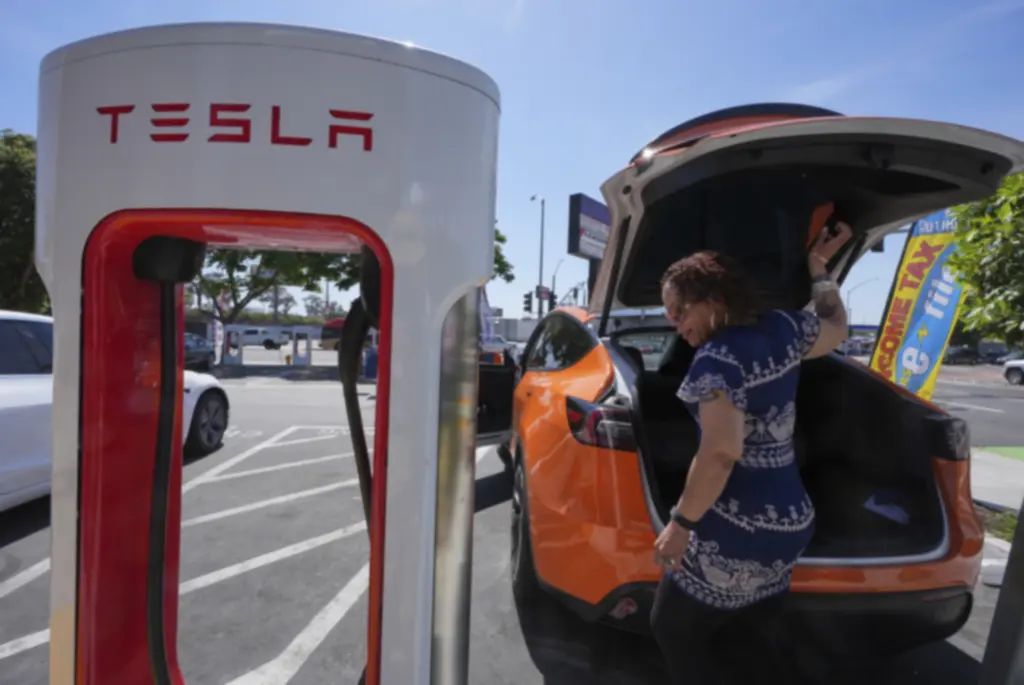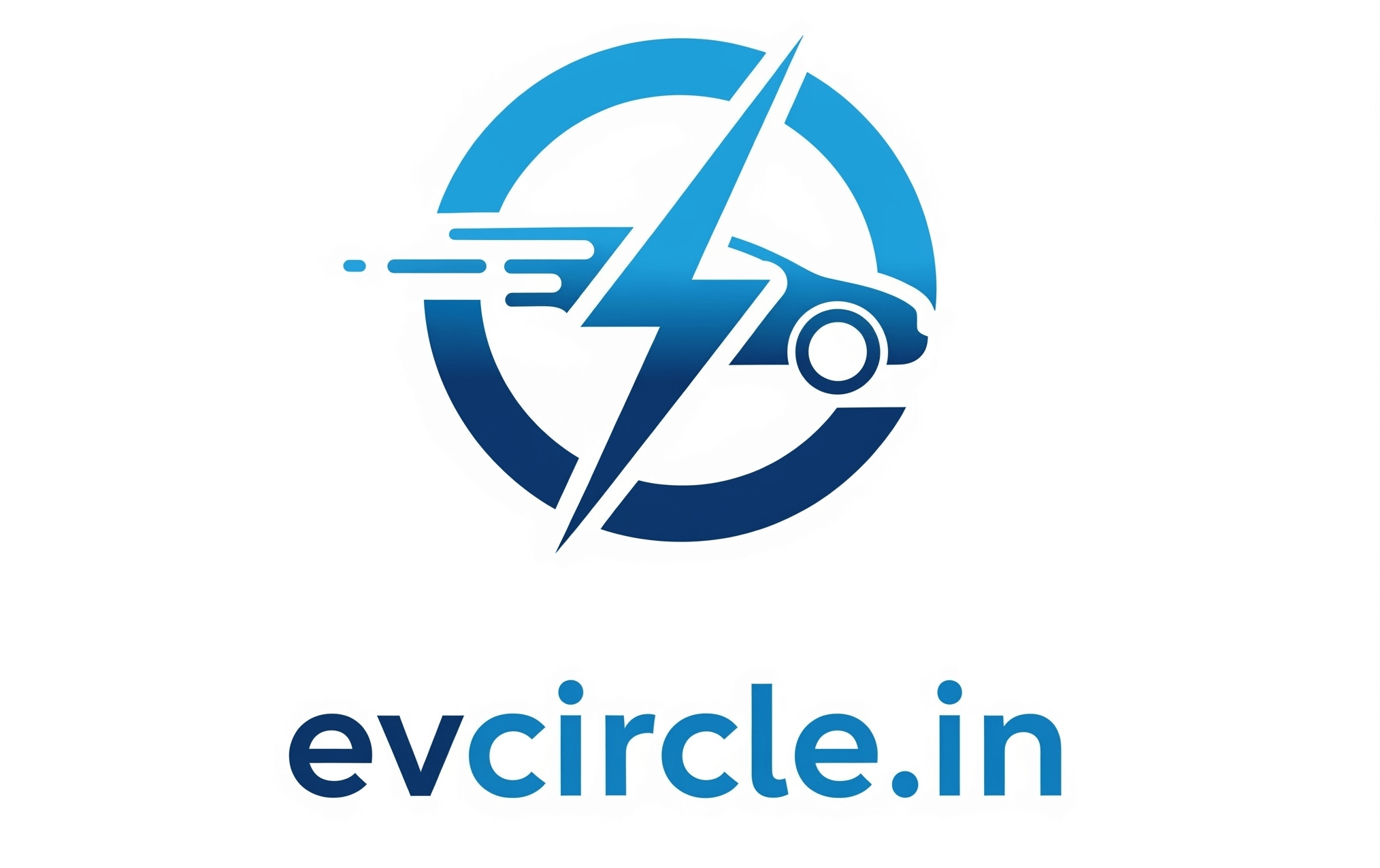
Tax breaks that have saved U.S. residents thousands of dollars on home efficiency improvements, clean energy installations and electric vehicles are expiring this year. That means people who want to benefit from them before they vanish must move fast.
“There’s still time, but the countdown is on,” said Zach Pierce, head of policy at Rewiring America, a nonprofit focused on electrification.
With thousands of dollars at stake and only days or months to claim them, we have some tips on how to maximize savings.
Refresh my memory. What are these incentives?
The Inflation Reduction Act, passed in 2022, includes a range of tax credits for electric vehicles and home efficiency improvements.
The credits had two primary aims: to help people afford cleaner options such as heat pumps and electric vehicles that can lower their costs, and to cut greenhouse gas emissions, the main driver of climate change.
Besides EVs, qualifying home improvements include home energy audits, heat pumps, solar panels, water heaters, appliances, battery storage, vehicle chargers and upgrades to windows, doors, skylights, insulation and electrical panels.
Repayment comes when you file taxes. For example, if you purchase a heat pump and qualify for a $2,000 tax credit, you report that expense on your tax return, and you owe $2,000 less in taxes that year.
Some incentives are capped. You can receive only $1,200 of credit per year for many home improvements like insulation and energy-efficient windows, and $2,000 of credit for heat pumps and water heaters. The larger-ticket items, including geothermal heat pumps, rooftop solar and battery storage, are uncapped. Those tax credits equal 30% of the purchase price. So a $20,000 rooftop solar system would yield a $6,000 tax credit.
Most of these credits were originally scheduled to expire between 2032 and 2034. But the budget Congress passed this year terminates them much earlier.
When are they expiring?
Most expire at the end of this year, though there are some exceptions.
The clean vehicle tax credit, worth $7,500 for new EVs and up to $4,000 for used ones, expires Sept. 30.
Pierce said with a deadline that tight, people shopping for a qualifying new vehicle should move on it “as soon as you hear this message.”
Olivia Alves, senior associate with the nonprofit clean energy advocacy group RMI, said it’s also the one IRA credit you can usually receive upfront. “You use the clean vehicle tax credit, you can work with your dealership to get that money off the day that you make the purchase. So it operates like a point-of-sale rebate,” she said.
The car does not need to be sitting in your driveway by the deadline. A buyer only needs to sign a contract and make a down payment or trade-in to qualify.
The credit for EV chargers, up to $1,000 for qualifying residents, remains available through June 30 of next year. Everything else expires on Dec. 31.
If I’m focused on my home, what should I prioritize?
Start with a home energy assessment, Alves said.
“That is really the bread and butter for a lot of these types of retrofits,” she said. “They are performed by professionals who can help you map out what those projects would entail.”
Pierce said after that, if solar panels are part of the plan, address them next. But some solar installers are already booked through the end of the year.
“We are seeing more bottlenecks for rooftop solar installations than for heat pumps, for example, but that doesn’t mean it may not be an option in your region or neighborhood,” Pierce said.
“Experts estimate it takes 16 to 90 days to get a solar panel system installed, and that’s fast,” said Kate Ashford, an investing specialist with personal finance company NerdWallet. “You might be a bit late, but you could check to see if it’s even feasible.”
Alves said next to tackle smaller installations like doors and insulation. Her final tier includes major appliances like heat pumps, which cost more and can take longer, but may not have the same backlog as solar.
But what if the tax credits exceed what I owe?
OK, say you qualified for tax credits on a home efficiency upgrade and the amount exceeded the tax you owed. You were not permitted to carry that unused credit forward into a later year anyway.
But credits for residential clean energy projects — think big-ticket items like solar, geothermal heat pumps and battery storage — could be carried forward if you didn’t receive the full benefit of the incentive on your tax return.
Rewiring America said it’s unclear if that will continue given the accelerated expiration dates, and recommended consumers consult their tax adviser.
See also: Last Chance for Heat Pump and EV Tax Credits Ending Soon
Tech enthusiast and researcher passionate about innovations shaping the future of mobility.

Leave a Reply